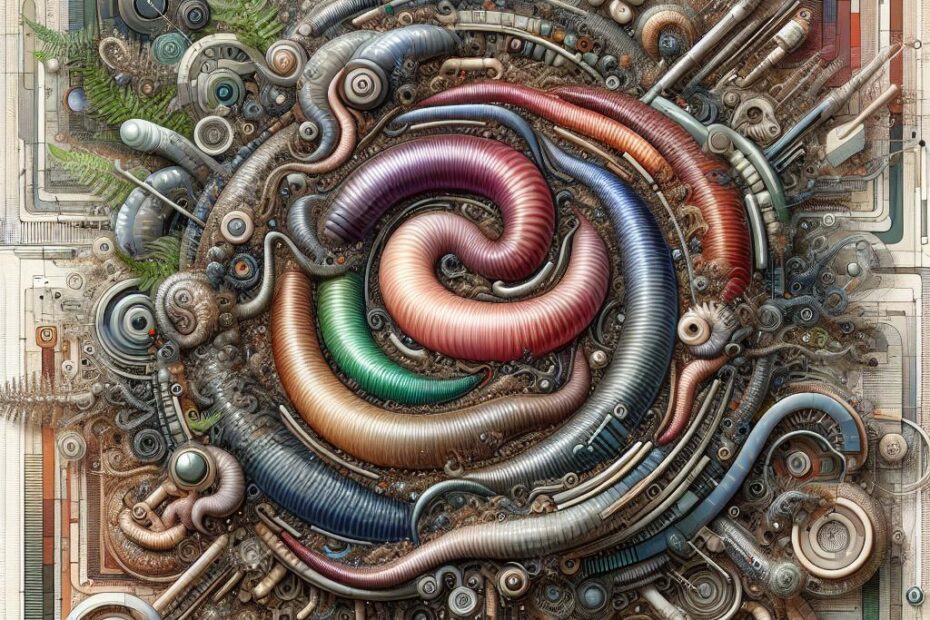Best Worm for Composting: A Comprehensive Guide
Composting is an eco-friendly way to recycle organic waste materials and create nutrient-rich soil for your garden. One key component of successful composting is selecting the right type of worm to help break down the organic matter efficiently. In this article, we will explore the best worms for composting and provide valuable information to help you make an informed decision.
Types of Composting Worms
There are several species of worms that are commonly used for composting, but the two most popular types are red wigglers (Eisenia fetida) and European nightcrawlers (Eisenia hortensis). Each type of worm has its own unique characteristics and benefits.
Red Wigglers (Eisenia fetida)
- Red wigglers are voracious eaters and can consume their body weight in organic material each day.
- They thrive in warm, moist environments and are well-suited for indoor composting systems.
- Red wigglers reproduce quickly, making them ideal for larger composting projects.
European Nightcrawlers (Eisenia hortensis)
- European nightcrawlers are larger than red wigglers and can burrow deeper into the compost pile.
- They are more cold-tolerant than red wigglers and can survive in a wider range of temperatures.
- European nightcrawlers are well-suited for outdoor composting bins and larger composting systems.
Choosing the Best Worm for Your Composting Needs
When selecting a worm species for your composting project, consider the following factors:
- Location: If you plan to compost indoors, red wigglers are a better choice. If you have an outdoor composting bin, European nightcrawlers may be more suitable.
- Temperature: Consider the temperature range in your area and choose a worm species that can thrive in those conditions.
- Size of the Composting Project: Red wigglers are ideal for smaller composting systems, while European nightcrawlers are better suited for larger projects.
Benefits of Composting with Worms
Composting with worms offers numerous benefits, including:
- Reducing waste: Worms can help break down organic material more quickly than traditional composting methods.
- Creating nutrient-rich soil: The castings produced by worms are a valuable source of nutrients for plants.
- Improving soil structure: Worms help aerate the soil and improve drainage, leading to healthier plants.
Practical Tips for Successful Composting
To ensure successful composting with worms, follow these tips:
- Avoid adding citrus, onions, garlic, and spicy foods to the compost pile, as these can be harmful to worms.
- Keep the compost pile moist but not waterlogged to maintain the ideal environment for worms.
- Regularly add bedding material such as shredded newspaper or cardboard to provide a comfortable environment for the worms.
Conclusion
Choosing the best worm for composting is essential for creating a successful and efficient composting system. Whether you opt for red wigglers or European nightcrawlers, both types of worms offer unique benefits that can help you transform organic waste into nutrient-rich soil for your garden. By following the practical tips outlined in this article, you can create a thriving composting system that benefits both the environment and your plants.
